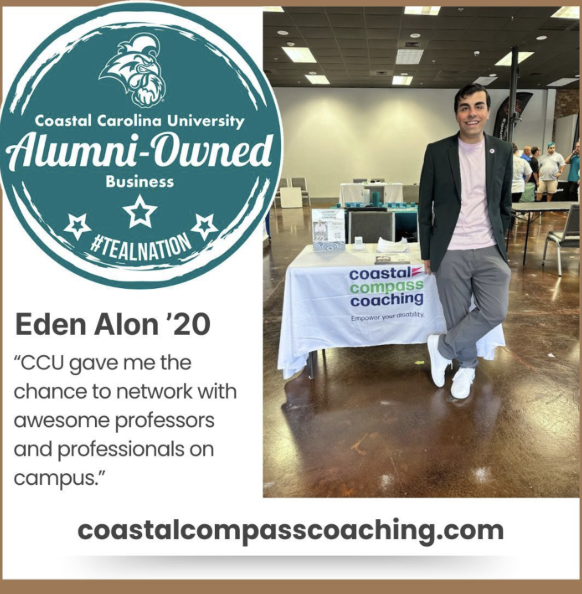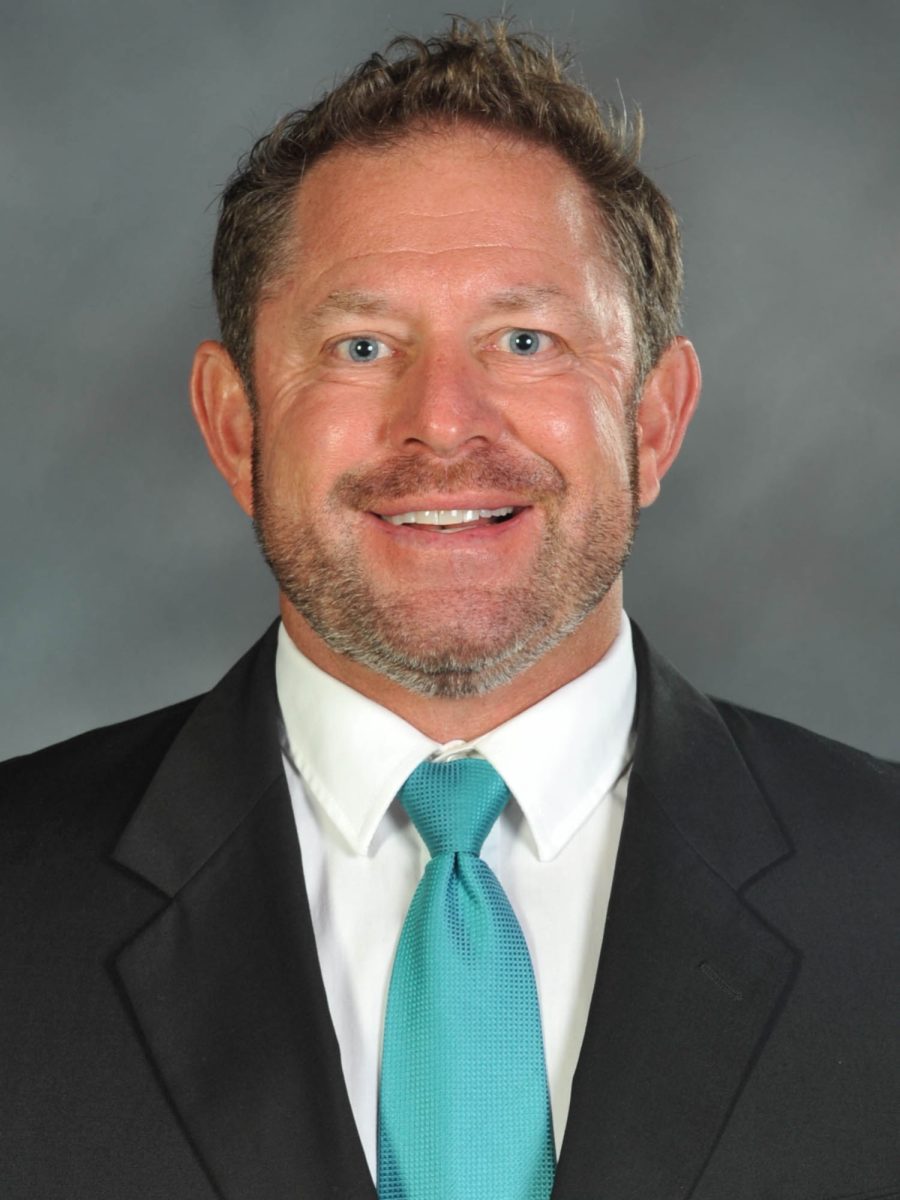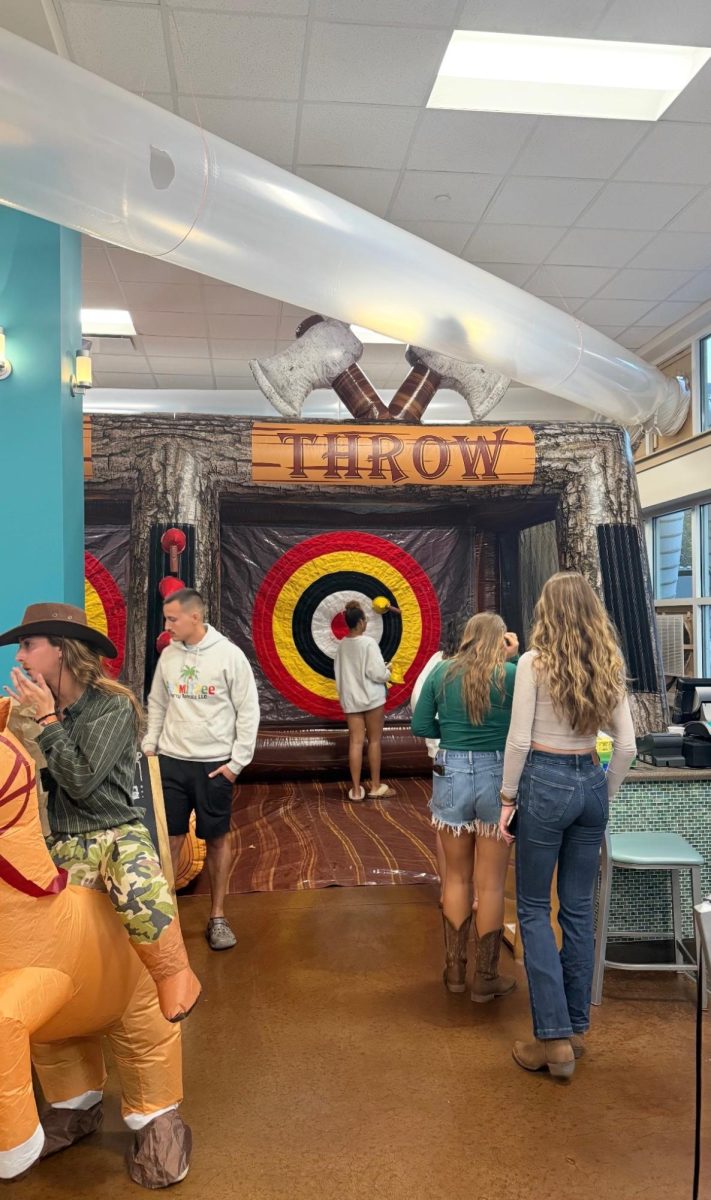Amplifying incarcerated voices
The Incarcerated VOICE Initiative hosted a panel sponsored by the Social Justice Club April 6 featured four formerly incarcerated individuals. Each told students of their experiences within the American criminal justice system. While they had different stories, they all stressed that anyone can change if given the opportunity.
Amos Small, one of the panelists, was born and raised in Elizabeth, New Jersey. He said he committed his first crime at the age of 8 when he stole a spinning top toy from a store. A seemingly innocuous petty theft as a child, he said, would feed into a cycle as he got older.
“That really didn’t seem like nothing,” Small said, “but it was taking me on a life, on a way, of crime.”
He said one of the biggest factors fueling his repeated thefts in his youth was peer pressure. In school, he and other children who wore secondhand clothing were often teased.
This experience was also shared by Clayton Hopkins, another panelist, who said he had spent the past three years in prison. Hopkins said he once went to school wearing the same clothes for two weeks straight, leading to mockery from his peers. In addition to a fractured home life, this led to him expressing his frustration through aggression.
“I started learning that behavior at a young age, and I never got better,” Hopkins said.
This cyclical nature is not only perpetuated in youth, but also through the criminal justice system itself. Panelist Johnathan Robinson said prison guards frequently tell prisoners being released that they’ll return behind bars.
“It’s designed for you to come back,” he said.
In addition to general lack of encouragement from members within the criminal justice system, Robinson said programs for rehabilitation are lacking. He said General Educational Development (GED) programs are sometimes not offered in some South Carolina prisons.
For each of the panelists, what they said helped them break the cycle of incarceration was support from friends and family to change their mindsets. For panelist Robert Marshall, he said he found solace in religion.
“I ran into a preacher, and the preacher was my rescuer. He helped me out. He showed me there was a better way of life,” Marshall said.
Another sentiment expressed by the panel was of the importance of others being able to hear stories like theirs and knowing that change is possible.
Sophomore Olivia Brannen, an interdisciplinary studies major focusing on social and environmental justice, attended the panel. She said one of her biggest takeaways from the event was the importance of having these stories heard.
“Hearing folks’ stories is one of the most important things we can do to change people’s minds, the way they think, and in order to create change out there,” Brannen said.















